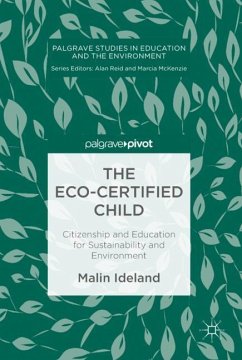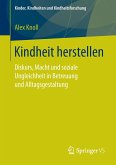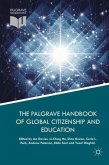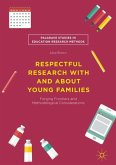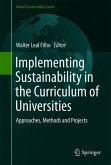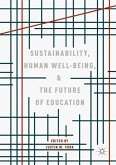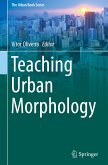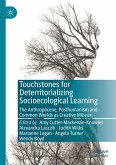While few could dispute the need for Environmental and Sustainability Education (ESE) for children and young people, this book explores the problems inherent in this educational practice. Despite good intentions, the author highlights how ESE can in fact contribute to a (re)production of harmful norms and possible subjectivities by categorizing various groups as 'threats' to the environment. The author analyzes how these categorizations are entangled in historical discourses on social class, nationality and race, thus resulting in double gestures of inclusion and exclusion. Even as sustainability and environmental engagement becomes a treasured identity for the affluent, the author highlights that despite the best of intentions, the discourse of ESE can reinforce positions of suborder and superiority, which could even impede real change in the long run. This illuminating book will be of interest to students, scholars and practitioners of sustainability education.
Foreword by Thomas S. Popkewitz
Foreword by Thomas S. Popkewitz
"I found myself engaged with the arguments of the book and the freshness of the data analyzed. ... I see myself already planning to make it a mandatory reading in my graduate course on environmental education." (Giuliano Reis, Science & Education, Vol. 31, 2022)
"My assessment, biased by my training as a cultural anthropologist, is that The Eco-Certified Child is a signature text and a must-read for those teachers teaching the teachers." (Paul H. Mason, Australian Journal of Environmental Education, Vol. 37, 2021)
"My assessment, biased by my training as a cultural anthropologist, is that The Eco-Certified Child is a signature text and a must-read for those teachers teaching the teachers." (Paul H. Mason, Australian Journal of Environmental Education, Vol. 37, 2021)

